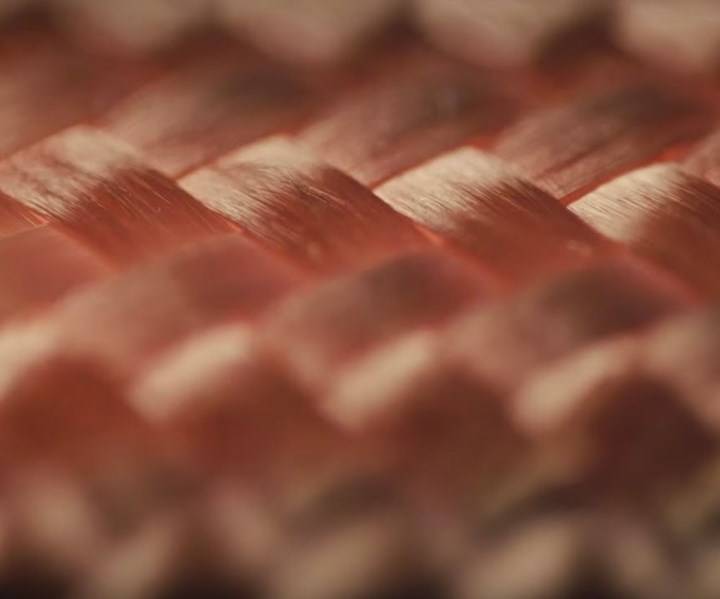Corebon expands induction-based composites production into new facility
Results for cutting CFRP cycle time to be presented at Carbon Fiber 2019 conference.

Corebon (Malmö, Sweden) has developed patented technology for the production of composite materials and structures which delivers 10X the processing speed while achieving yields up to 98% and reducing energy usage 95% vs. current manufacturing methods. Corebon Technology is based on induction heating, a non-contact method for fast, direct heating of electrically conductive materials.
Induction is used widely in the industrial processing of magnetic metals like steel, which are easy to heat. Semiconductors like carbon fiber present more challenges, but Corebon has overcome these with disruptive equipment and processes optimized for composites. This technology is already being developed for multiple processes and end-uses with leading manufacturers around the world, including:
- Prepreg and liquid resin molding
- Thermoplastic composites and welding
- Pultrusion, press-molding and filament winding
- Fiber and tape production
- Bonding, post-processing and repair.
To accommodate Corebon’s high growth and current composites production commitments, it has acquired an 11,000-square meter facility outside of Malmö and is completing renovations and installations of production equipment, including automated cutters, six high pressure resin transfer molding (HP-RTM) presses and multiple CNC machining centers.
Kenneth Frogner, head of R&D at Corebon, will present “Cutting Cycle Times in Carbon Fiber Composite Processing Using Induction Heating” at Carbon Fiber 2019 in Knoxville, Tenn., U.S. on Wednesday, Nov 20, detailing the company’s technology development as well challenges, opportunities and results from successful implementations to date.
Related Content
-
Plant tour: Joby Aviation, Marina, Calif., U.S.
As the advanced air mobility market begins to take shape, market leader Joby Aviation works to industrialize composites manufacturing for its first-generation, composites-intensive, all-electric air taxi.
-
Sulapac introduces Sulapac Flow 1.7 to replace PLA, ABS and PP in FDM, FGF
Available as filament and granules for extrusion, new wood composite matches properties yet is compostable, eliminates microplastics and reduces carbon footprint.
-
Welding is not bonding
Discussion of the issues in our understanding of thermoplastic composite welded structures and certification of the latest materials and welding technologies for future airframes.
















